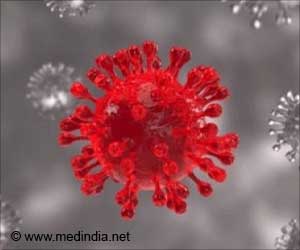However, some people have had nausea and a loss of appetite. These symptoms are not usually associated with COVID-19.
According to Tim Spector, professor of genetic epidemiology at King’s College London, these are common symptoms in those who tend to be double-jabbed or even boosted.
A few of them also had nausea, slight temperature, sore throat, and headache.
The four most common symptoms of the omicron variant are cough, fatigue, congestion, and runny nose, according to a CDC analysis of the first 43 cases investigated in the US.
In some cases, vomiting has also been reported as a symptom among those with the variant.
Recent preliminary studies have stated that Omicron appears to be milder than the Delta variant. People infected are between 40% and 70% less likely to be admitted to hospitals.
Research from an Imperial College London study and Scottish paper Early Pandemic Evaluation and Enhanced Surveillance of COVID-19, states that people with Omicron are 15% to 20% less likely to need hospital treatment. They are 40% to 45% less likely to require an overnight stay in hospital.
Source: Medindia


